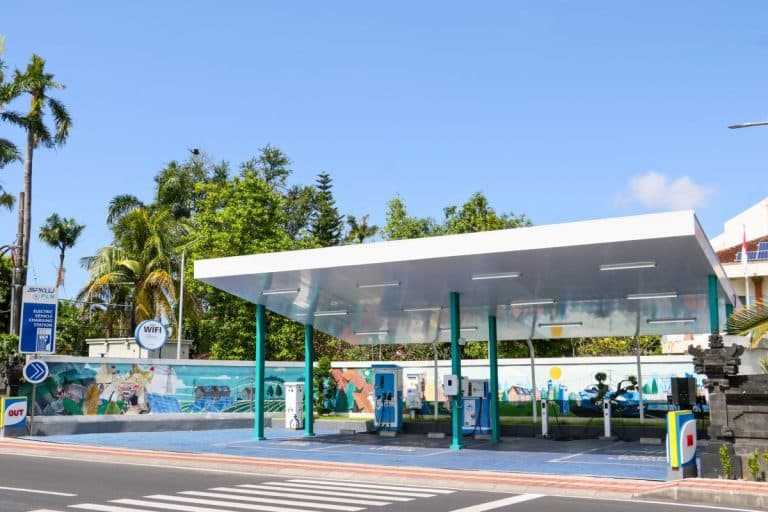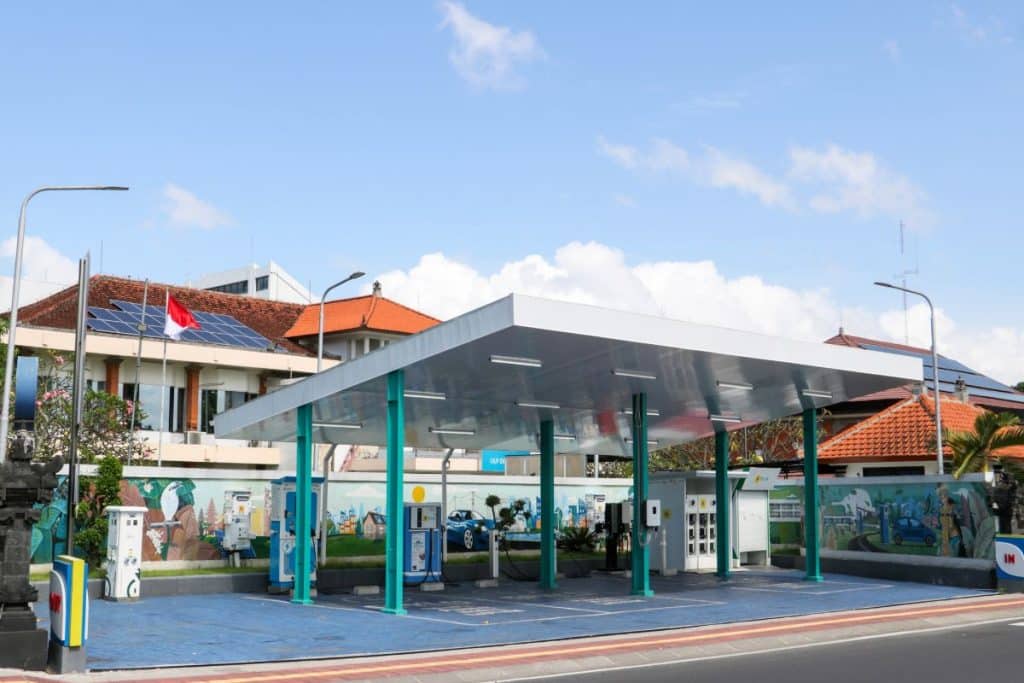In a significant move to bolster sustainable transportation, the Bali Provincial Government convened a Joint Kick-Off Meeting to begin a feasibility study on Electric Vehicle Bus Rapid Transit (EV-BRT) systems and EV charging stations across the Bali Province. The event took place at Wiswa Sabha Utama on Wednesday.
IGW Samsi Gunarta, the Head of Bali Province’s Transportation Service, announced a collaboration with the Indonesia-Australia Partnership for Infrastructure (KIAT), the Millennium Cherished Account (MCA), and the Indonesian World Research Institute (WRI) to conclude this critical study.
“This initiative will reshape the approach to preparing EV charging stations and also our efforts in enhancing the Electric BRT to ensure a more efficient transportation system within the Sarbagita region,” stated Samsi.
He elaborated that the Electric BRT is an evolution of the sustainable urban mobility plan set to launch in 2021 in partnership with KIAT. It will be integrated with the Battery-Based Electric Motor Vehicle strategy, where buses are a pivotal component.
Samsi emphasized the broader vision beyond just buses, “We aim to determine the optimal delivery model and foster collaborations between government entities and operators to ensure the sustainability and effectiveness of this service. This strategic direction also aligns with directives from Bapenas.”
Drawing an analogy, Samsi compared buses to escalators in malls, stressing their importance even if not consistently utilized. “Our focus is beyond the financial implications. We’re driven by the broader economic advantages that the public will enjoy. This includes affordable costs, reliability, and convenience in connectivity,” he explained.
While recognizing the current apathy towards public transportation, Samsi acknowledged the challenges in transitioning from private to public transportation. “We cannot perpetually expand road infrastructure. The solution lies in streamlining mobility. If individuals prefer not to commute, working from home is a viable alternative. However, in reality, mobility remains essential, and the choice is clear – endure traffic congestions or opt for punctual public transport,” he remarked.
Samsi envisions a scenario where the EV-BRT system remains unhindered by traffic, offering dedicated lanes, and prioritized intersections. “The key lies in promoting a pedestrian-friendly environment complemented by cycling and e-cycling provisions. As Bali’s population grows and tourism escalates, a shift towards public transport is not just a preference – it’s imperative,” he concluded.


